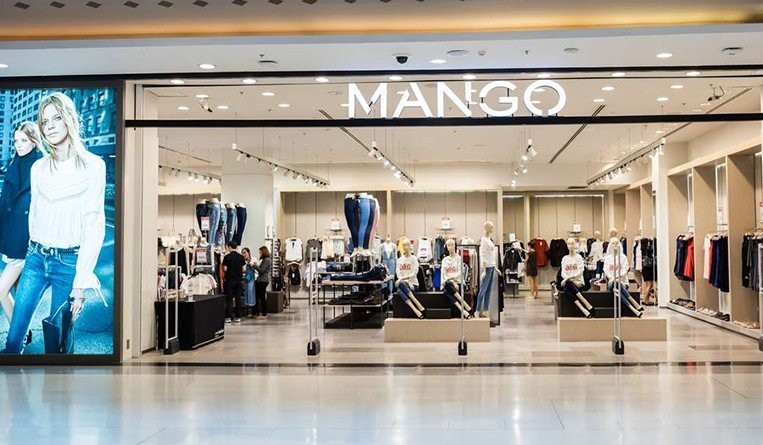The Sweet Taste of "MANGO" is not for Everyone
18 August 2014

“Mango” is commonly known as the juicy stone fruit belonging to the genus Mangifera. But to others, it means more. To Consolidated Artists BV, “Mango” is a trademark symbolic of quality bags, fashion and accessories. Recently, MANGO has been the subject of a dispute before the Office of the Director General (ODG) of the Intellectual Property Office of the Philippines (IPOPHL). In February 2014, the office dismissed an appeal and upheld the resolution of the Director of the Bureau of Legal Affairs (BLA) sustaining the opposition to Ariston Commercial, Inc.’s application to register the mark MANGO.
The conundrum started on November 11, 2002, when Ariston filed an application to register the mark MANGO under Class 14 specifically for watches. The trademark application was published in the IPOPHL Official Gazette on August 18, 2004. Consolidated Artists opposed the registration of MANGO by Ariston alleging that it will be damaged by the registration. In its opposition, Consolidated Artists claims that it is the prior user of the mark MANGO for jewelry, and that it was issued Registration No. 4-1997-120403 on April 12, 2002, for goods under Class 25, which includes, among others clothing, hat, footwear, shoes, sandals and slippers. Ariston, on the other hand, maintained that it was the first to file the application for registration of the mark MANGO for watches under Class 14 and that it has prior commercial use of this mark for watches.
The Director of BLA initially denied the opposition. However, upon motion for reconsideration, the earlier decision was set aside and the opposition was sustained. The BLA had ruled that Consolidated Artists had better rights over the mark MANGO as it had proven its ownership and prior use of the mark.
Aggrieved, Ariston filed an appeal. The ODG dismissed the appeal finding that at the time Ariston filed its application to register MANGO for watches under Class 14, Consolidated Artists was already granted registration for this mark under Class 25. The fact that Ariston sought to register the mark for different goods (watches) was not sufficient to convince the Director of the ODG that the allowance of Ariston’s trademark application for MANGO would be unlikely to cause confusion. While Ariston’s goods are different from the goods covered by Consolidated Artists’ certificate of registration, the former’s products may be assumed to originate from the latter.
This decision is consistent with the concept of “confusion of business,” reiterated in a long line of cases decided by the Supreme Court. Although the goods of the parties are different, the defendant’s product is such as might reasonably be assumed to originate from the plaintiff, and the public would then be deceived either into that belief or into the belief that there is some connection between the plaintiff and defendant which, in fact, does not exist. Therefore, such registration may likely cause damage to Consolidated Artists who has no control on the quality of Ariston’s products. (Sterling Products International, Inc. v. Farbenfabriken Bayer Aktiengesellschaf (G.R. No. L-19906), for example.)
While MANGO may be an ordinary term, once registered as a trademark, it becomes protected by the IP Code. Thus, not even parallel registration or intra-parallel registration (registration of same marks applied on the same goods) would be allowed to unfavorably ride on the popularity and goodwill that the mark has earned.
The ODG made a definitive ruling that the mark MANGO as used by Consolidated Artists is an arbitrary mark and it is, thus, surprising and is unlikely a coincidence that Ariston could come up with an identical mark. As in all other cases of colorable imitations, the unanswered riddle is why, of the millions of terms and combinations of letters and designs available, Ariston had to come up with a mark so closely similar to another’s mark if there was no intent to take advantage of the goodwill generated by the other mark. At the time of this writing, no appeal is known to have been filed for this case.
While the mark MANGO was not declared an internationally well-known mark, the ODG sought to prevent parallel and intra-parallel registration by sustaining the opposition filed by Consolidated Artists. This ruling is significant because it clarifies that prior filing and use of an arbitrary mark in the Philippines does not immediately guarantee registration especially so if the mark has been appropriated and registered by another entity. While the IP Code allows the co-existence of similar marks (parallel registration) covering different classes of goods and services, the rule is not absolute considering that allowing registration of the junior mark greatly depends on a number of factors including the goodwill earned by the mark itself.







